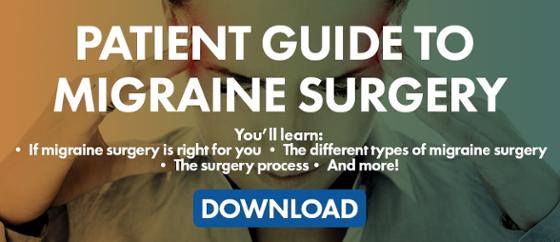One of the most memorable legislative achievements during the administration of former President George H. W. Bush was the passing and enactment of the Americans with Disabilities Act (ADA) of 1990. When Democratic Senator Tom Harkin of Iowa introduced the bill before Congress, he actually used sign language in certain parts for the benefit of his brother, who lives with a hearing disability. This important law essentially prohibits the discrimination of Americans based on their disabilities.
Title I of the ADA
One of the most challenging provisions of the ADA, at least from a legal point of view, is Title I. This section of the ADA is directed towards employers and the reasonable accommodations they must provide to workers who live with disabilities. Although most people think of the term “reasonable accommodations” as wheelchair ramps and Braille signage, the term also refers to scheduling changes, time off and certain changes to the way business is conducted in the workplace.
In 2011, the ADA was amended to include illnesses such as autism and depression to the list of disabilities that require reasonable accommodations by employers. When it comes to employees who live with migraine conditions, their level of disability is determined by regulations set forth by the Equal Employment Opportunity Commission (EEOC). Essentially, these regulations state that a worker may have a disability if he or she suffers from an illness that provokes some level of impairment. To this end, migraine patients may be considered to have a disability if their headache episodes are debilitating to the point of impairing their ability to work.
ADA Workplace Accommodations for Migraine Patients
To a certain extent, providing reasonable accommodations to workers who live with migraine conditions should not be a major issue for employers. First of all, workers who suffer from occasional migraines that are not triggered by environmental factors may not require any accommodations at all. Some workers may even be able to work through a migraine episode if their headaches are only mild.Accommodations made to employees whose migraine episodes are triggered by noise, lights and scents may include:
- Installing acoustic paneling
- Allowing the use of noise-canceling headsets
- Installing anti-glare filters on computer monitors
- Allowing the use of sunglasses indoors
- Asking coworkers not to put on too much perfume or cologne
- Allowing employees to work from home
In addition to the above, employers should also be a bit more flexible with regard to giving employees time off to recover from particularly strong episodes or allowing them to leave early if they are experiencing an aura phase and they know that a headache will follow.
Fighting Disability Determinations in Court
Should migraine patients be forced to sue their employer for failing to provide reasonable workplace accommodations, they are bound to find a more receptive court system these days. Failure to provide such accommodations is tantamount to discrimination, and thus it could merit filing a complaint before the EEOC and prompting an investigation. Still, migraine patients will find that their legal battles are not always easy to win.
In the past, plaintiffs who sued their employers on ADA grounds found it difficult to prove that their migraine conditions qualified as disabilities. Migraines were largely considered to be part of an invisible disease. These days, EEOC rules and case law extend the definition of disabilities to migraine conditions, which should make it easier for plaintiffs to fight their discrimination complaints; however, it is important for plaintiffs to present their case in a way that makes it clear that their migraine conditions impair their ability to work or care for themselves. This is the first legal hurdle that must be overcome; proving that migraines can be considered disabilities.

